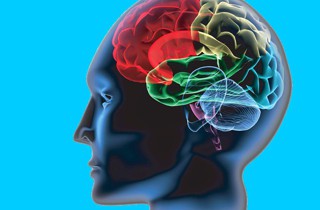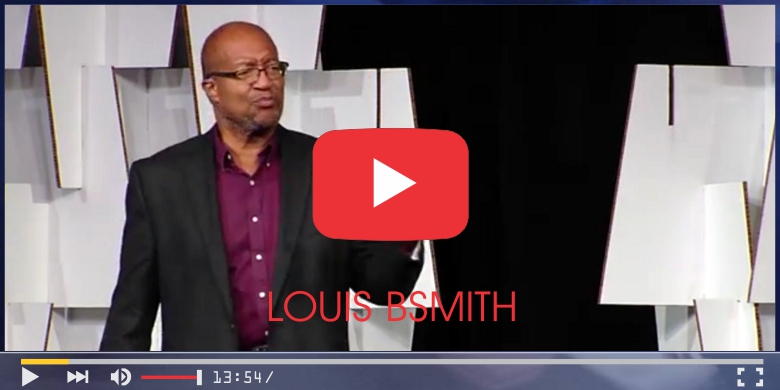As a child growing up in a declining neighborhood in Detroit, I dreamed that the burned buildings and vacant lots might be replaced with brilliant new structures that would invigorate the community. As I matured and took up architecture, I found myself in a world where faceless modernism seemed to decry the death of spirit. You could not tell what city you were in if dropped in the middle of downtown "anywhere." Most buildings had no meaning and did not feel part of any certain community. It doesn’t have to be this way. Architecture can strengthen Identity, Community and Purpose when buildings have meaning.
Architectures Impact On Vancouver is Alive & Well
- - - - - - - - - - - - - - - - - - - - - - - - - - - - - - - - - - - - - - - - - - - - - - - - - - - - - - - - - - - - - - - - - - - - - - - - - - - - - - - - - -
Throughout history, architecture has stood as a representation of society, reflecting the values, successes, and eventual downfall of civilizations over time. From the monumental structures to the residences and buildings that make up the fabric of a city, we can learn a lot about who the people were who inhabited them long before our time. By studying the built environment of the past, combined with modern-day research on psychology and the environment, we’re coming to understand the effects of architecture on people in entirely new ways, which begs the question: Just how does architecture impact society?
Alfred Waugh on Indigenuity in Architecture
The Architects: Vancouver Convention Centre
Woodward's Redevelopment... A Model for Cultural Sustainability
Vancouver's Oldest Prized and Praised Properties
Architectural tours of Vancouver with the AIBC



